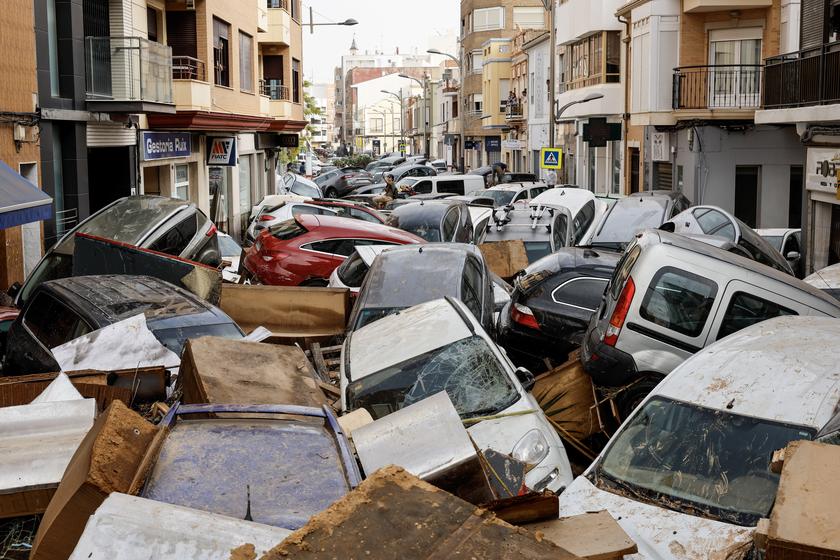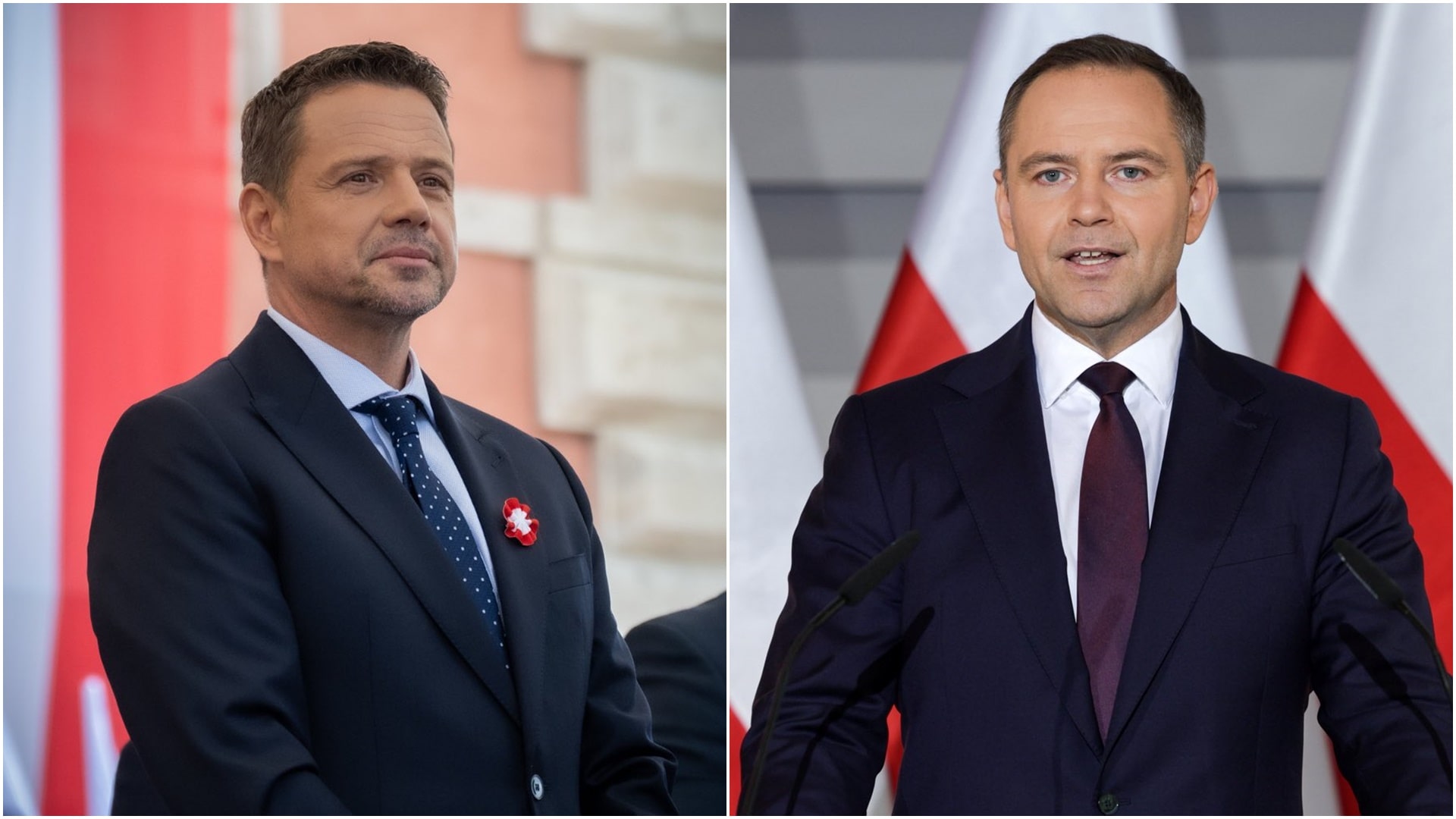This week, severe floods swept through southeastern Spain, claiming at least 95 lives as of Wednesday evening, according to regional authorities. Streets in affected regions were strewn with vehicles washed away by torrential waters, while infrastructure and transportation ground to a halt, particularly in the Valencia region. Trains were suspended, water supplies disrupted, and metro services closed entirely. Germany and Portugal, among other countries, pledged support to help Spain recover from this catastrophic event. On Thursday, the Spanish government will declare a three-day period of national mourning.
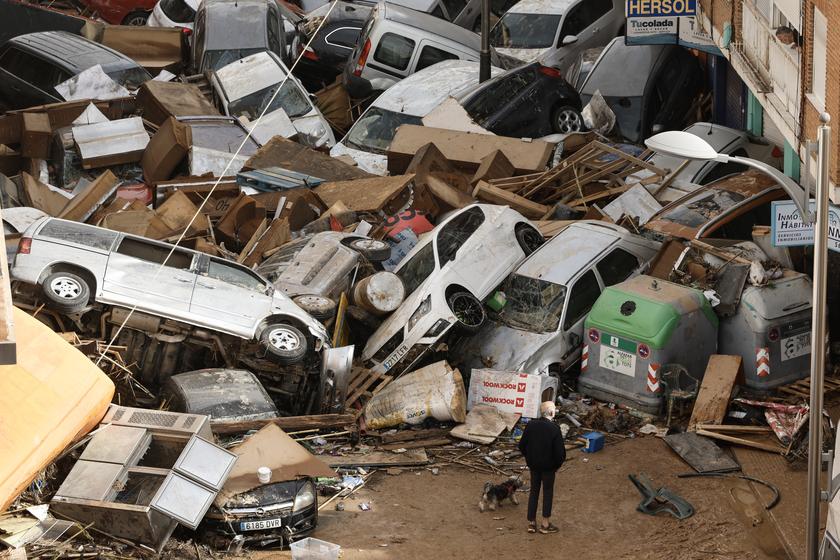
Most casualties occurred in the Valencia region, where 92 lives were lost. In the neighboring region of Castile-La Mancha, two people were killed. Another victim, a 71-year-old man from Malaga province in Andalusia, passed away in the hospital after being rescued from his flooded home. Earlier reports indicated a lower death toll of 73, but authorities warn that the number may still increase, as many people remain missing, and some areas remain inaccessible to rescue teams. Reuters reported that this is the deadliest flood in Spain since 1996.
The floods were caused by relentless rainfall, which flooded streets with rapidly rising waters that destroyed homes, infrastructure, and vehicles, especially in Valencia, Albacete, and Malaga provinces. In Valencia, overturned cars littered the roads, and railway lines were heavily damaged. As the waters surged unexpectedly, residents sought refuge on the rooftops of their homes, while emergency services worked tirelessly on Tuesday to evacuate people by helicopter. Over 1,500 soldiers specialized in such operations were mobilized, with Valencia’s regional government leader Carlos Mazon urging residents to stay indoors.
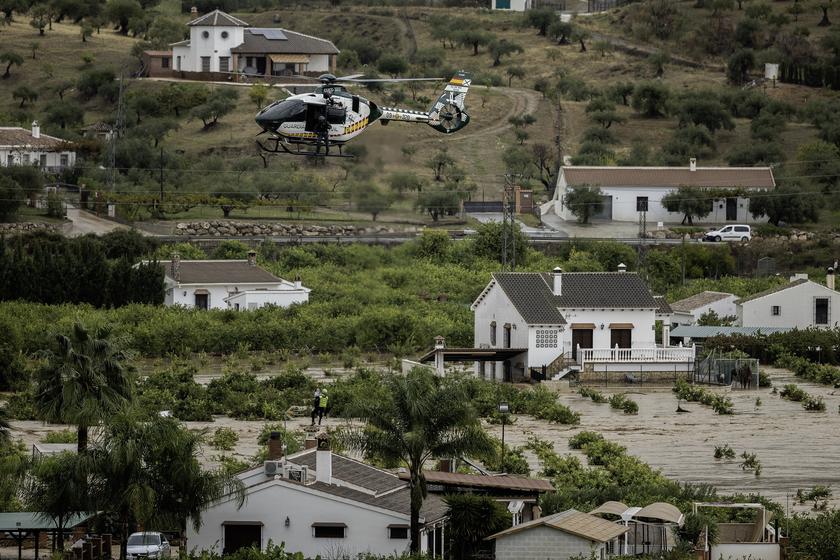
Transportation Paralyzed and Widespread Destruction
In Valencia, flooding wreaked havoc on transportation systems, causing train and bus cancellations, metro closures, and widespread flight disruptions as many were rerouted or canceled. The Spanish Ministry of Transport announced that high-speed rail services connecting Madrid to Valencia might resume only in the coming days. Major roads leading into Valencia were blocked, and water supply was cut off in several communities due to transmission line damage.
Utility company Iberdrola reported power outages affecting approximately 150,000 customers in Valencia. The EFE news agency reported that many gas stations were destroyed. Farmers in Andalusia, Castile-La Mancha, and Valencia fear that agricultural losses will run into millions of euros. In a televised address, Spanish Prime Minister Pedro Sanchez offered condolences to those still searching for missing loved ones. “All of Spain weeps with you,” he said. “To the villages and towns devastated by this tragedy, we say the same: together, we will rebuild your streets, squares, and bridges.” Lawmakers in the lower house of Spain’s parliament held a minute of silence to honor the victims.
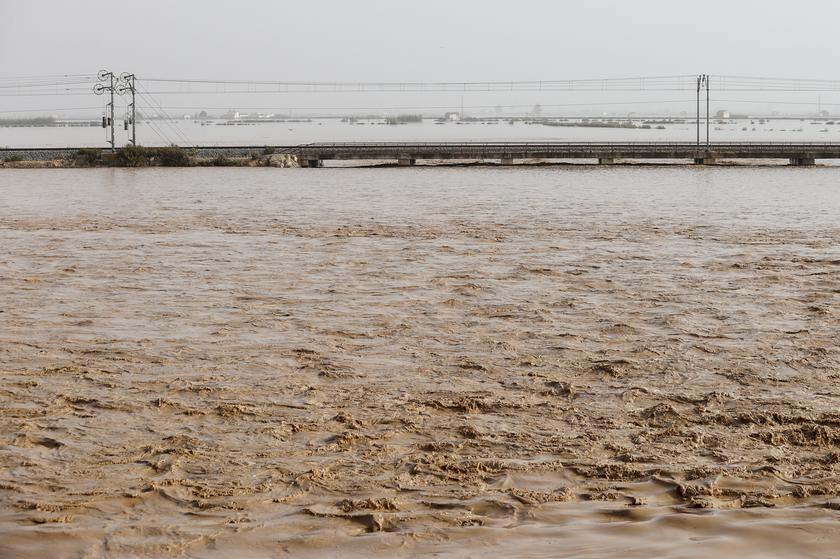
The government’s three-day mourning period starts Thursday, with autonomous communities across Spain, including Aragon, Galicia, and Cantabria, offering aid. Resources include helicopters, drones, fire trucks, pumps, and personnel. Germany, Portugal, and European Union officials also pledged assistance, with European Commission President Ursula von der Leyen announcing the activation of the Copernicus satellite system to help coordinate rescue efforts. Support from other EU leaders, such as European Parliament President Roberta Metsola and EU foreign policy chief Josep Borrell, underscored the gravity of the disaster.
A United Front of Solidarity
Among those visiting affected areas was Alberto Nunez Feijoo, leader of the opposition People’s Party (PP), who visited Letur in Albacete, one of the hardest-hit areas. Feijoo urged swift EU assistance and called for financial aid to rebuild devastated areas, including the EU Solidarity Fund, dedicated to post-disaster recovery. Spanish athletes and sports teams also rallied in support, with Valencia CF transforming its Mestalla stadium into a relief center stocked with food and essential supplies. Valencia’s upcoming matches have been postponed. King Felipe VI of Spain and Queen Letizia expressed their condolences to families who lost loved ones and those still awaiting news on missing relatives. “With the queen, we extend our deepest condolences to all affected families,” the king said, assuring them of continued support and close contact with government efforts.

The intense rainfalls that led to these floods are attributed to a meteorological phenomenon known in Spain as DANA (Depresión Aislada en Niveles Altos). This occurs when cold air masses meet the warm, humid air over the Mediterranean Sea, creating atmospheric instability that triggers extreme weather, such as storms, tornadoes, and floods. The national meteorological agency AEMET reported that the town of Chiva, north of Valencia, received an astonishing 491 liters of rainfall per square meter in just eight hours, surpassing its annual rainfall average of 460 liters per square meter.
With heavy rains continuing, regions like Catalonia, Aragon, and Cadiz in Andalusia faced storm-related challenges on Wednesday. Catalonia issued a red alert due to risks of tornadoes and hail, and in Barcelona, downpours led to the closure of several metro stations. AEMET extended the red alert through Wednesday in Cadiz, where over 1,100 incidents related to the storms have been reported since Monday.
As Spain faces the aftermath of this deadly flood, the nation and international allies stand in solidarity, determined to aid in the recovery and rebuild what has been lost.


